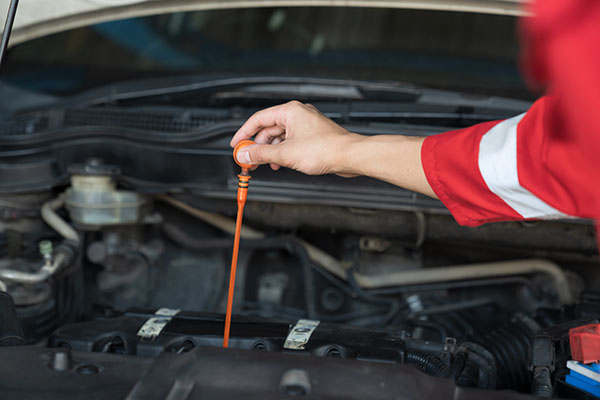Posted on 3/29/2024

Driving in wet conditions can present numerous challenges, with one of the most dangerous being hydroplaning. This phenomenon occurs when your vehicle loses traction with the road surface due to a thin layer of water between the tires and the road. Understanding how hydroplaning occurs and knowing how to react can help you stay safe on wet roads. What Is Hydroplaning? Hydroplaning is a phenomenon that occurs when a thin layer of water accumulates between the tires of a vehicle and the road surface, causing a loss of traction and control. This loss of traction can occur when driving at high speeds in wet conditions, especially during heavy rain or when water accumulates on the road surface faster than it can drain away. As the tires encounter the water, they may lose contact with the road, leading to a feeling of floating or sliding. Several factors can contribute to hydro ... read more
Posted on 3/21/2024

Your sense of smell can be a powerful tool for detecting potential issues with your car before they escalate into costly repairs or safety hazards. Different car smells can indicate various problems, from minor issues to more significant mechanical failures. Let's explore some common car smells and what they might mean for your vehicle's health. 1. Sweet or Syrupy Odor A sweet or syrupy odor in your car could indicate a coolant leak. Coolant, also known as antifreeze, circulates through the engine to regulate temperature. If you detect a sweet smell and notice coolant pooling under your car or steam emanating from the engine bay, it's essential to address the leak promptly to prevent overheating and engine damage. 2. Burnt Rubber Smell A burnt rubber smell could indicate several potential issues, including overheated brakes, slipping drive belts, or melting hoses. If you notice a burnt rubber odor while driving, pull over safely and ins ... read more